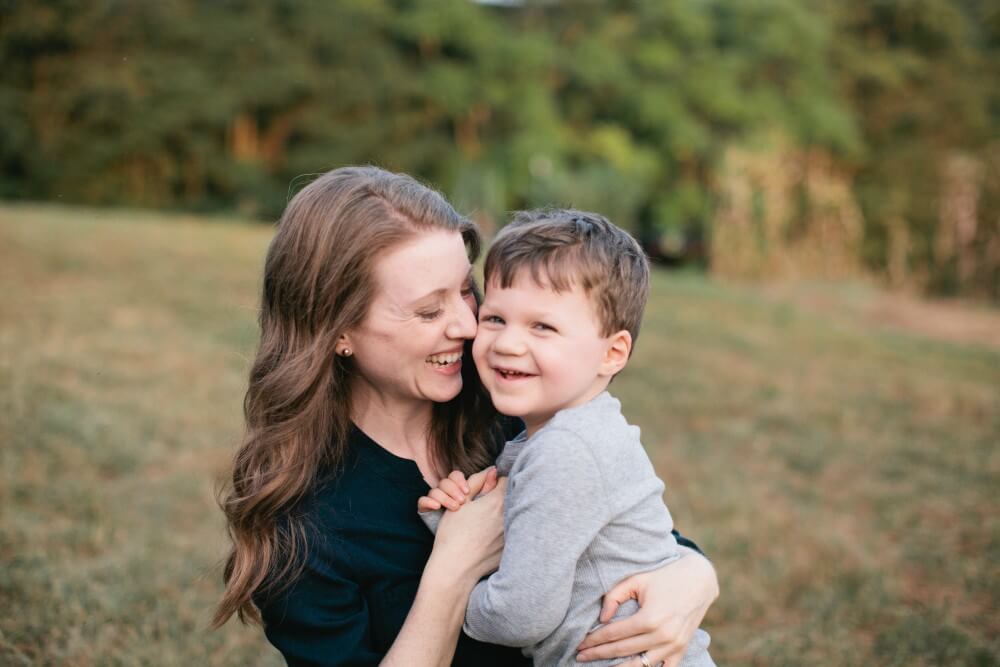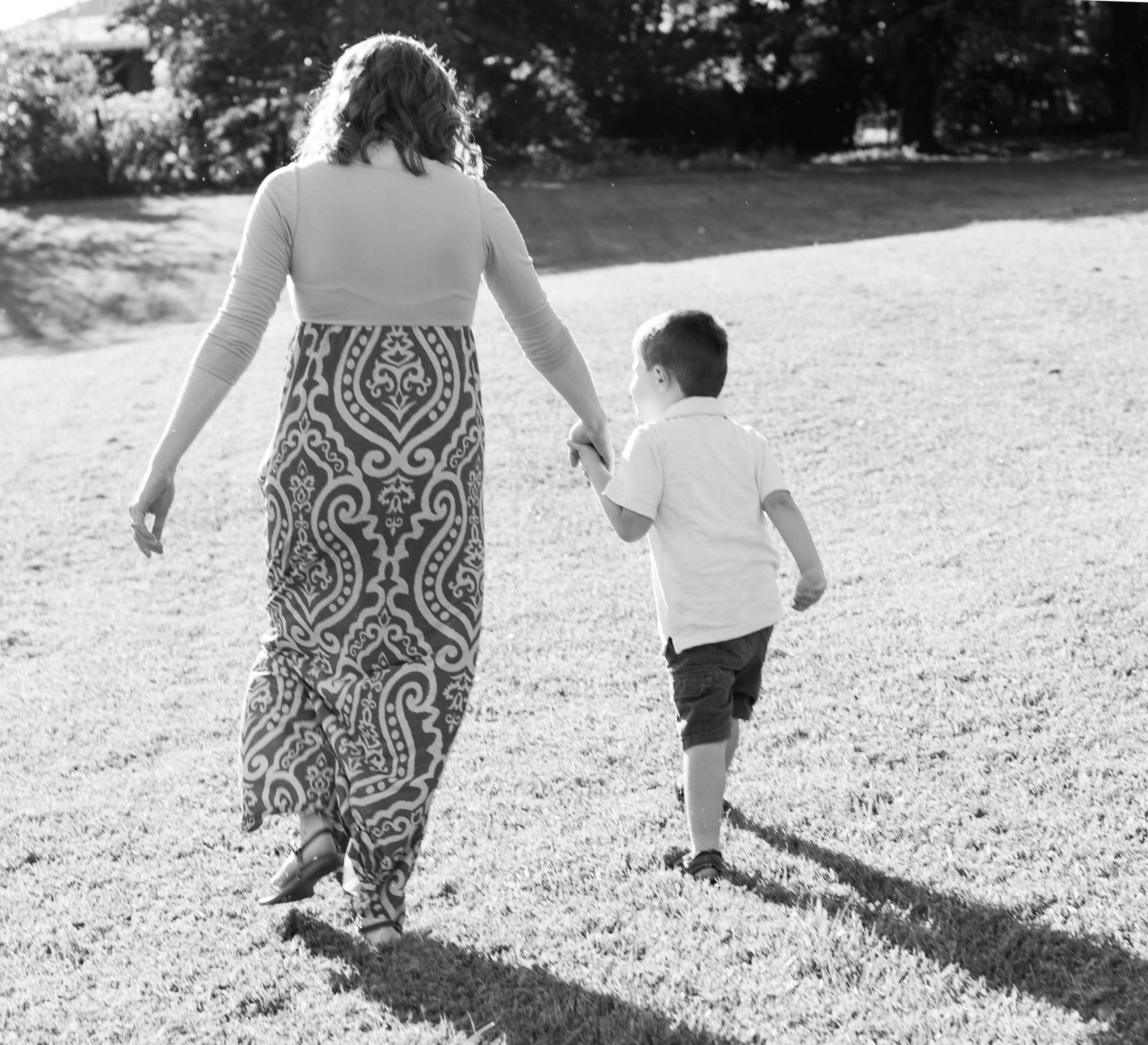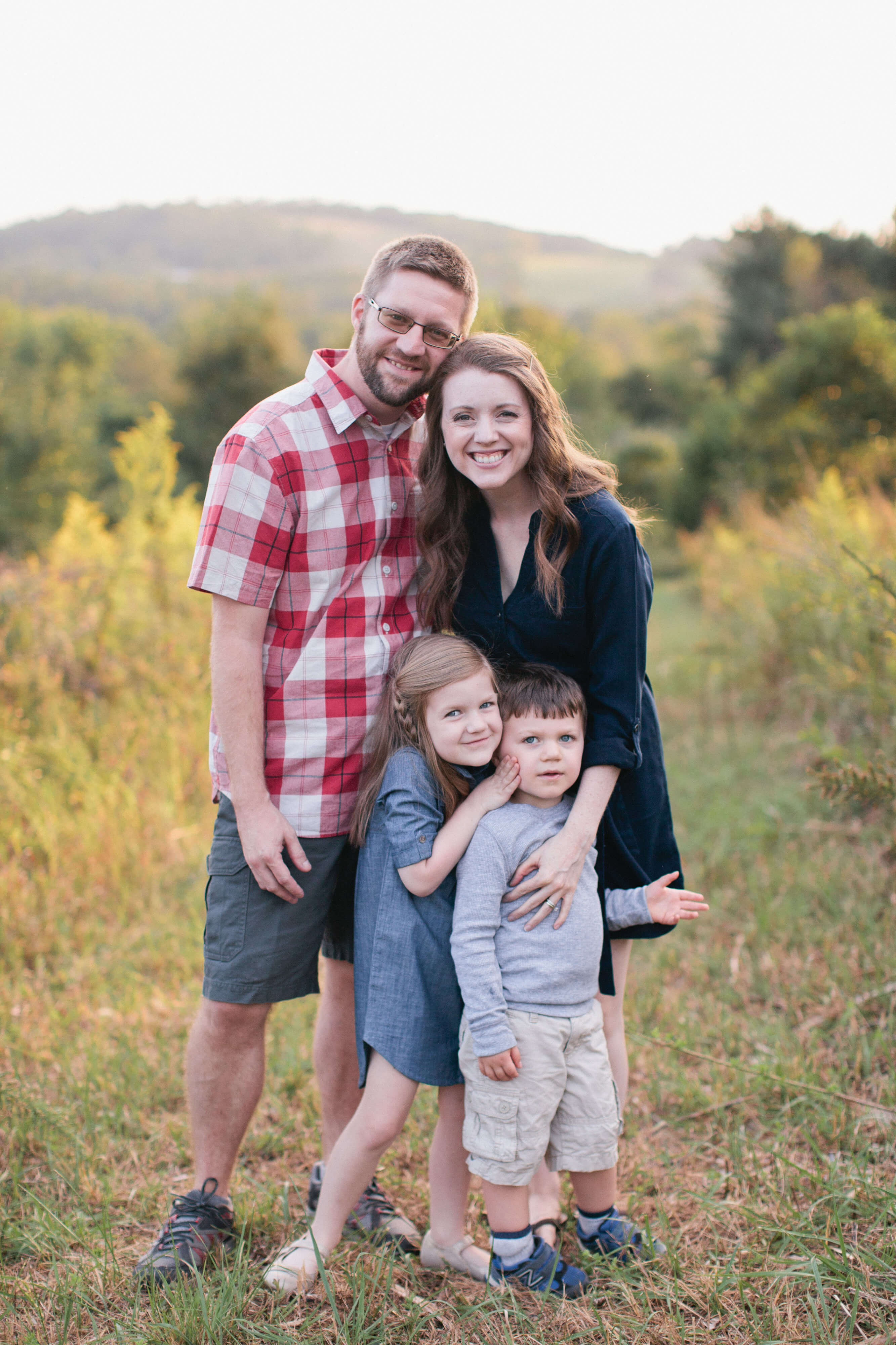Making the Brave Choices

In the very early days of Mark’s autism diagnosis, I found myself in a little, darkened observation room, perched in front of a two-way mirror watching Mark during his special group speech program alongside other parents, who I would learn later were at the exact same spot on their journey. One of these parents has become a dear friend of mine, and as she put it when we first began chatting, she had unpacked her bags in the land of grief.
She grieved what could have, should have, and what she hoped would be, for her youngest child of six.
Receiving a lifelong diagnosis for your child is a grieving process accompanied by all the stages of a loss. It’s tough to get to the point of acceptance, and often the path isn’t linear. We bounce back and forth between anger, bargaining, and sadness, flirting with acceptance but always hoping that our children’s lives will be better than professionals predict.

And while we’re processing our grief, we make brave choices to go out into the community with our special children because part of what we long for and grieve, is the ability to do things as a “normal” family. Perhaps we want to go out to a restaurant, pumpkin patch or a school function, and in order to do that, we must make the brave choice to go forth and give it a try.
And when this bravery is met with judgment, lack of understanding and stares, we question our choices and ourselves.
So when I received a distressed text from my friend yesterday afternoon that a couple of other moms stared at her son at a picnic at their church, my heart sank because I’m familiar with the risk she took. The risk to join the world and not have someone keep their child at home or stay at home herself. This is a choice we make each and every time we have an obligation outside of our normal routine.
Who stays home, who goes and when do we be brave and give it a shot.
So, when we make the bold move to take our beautiful, special child out in the world, we shouldn’t also shoulder the burden of educating people, especially other parents. Raising a child with special needs is an enormous responsibility. Educating and encouraging people to demonstrate grace and acceptance should not be a part of this responsibility.
So, to the mothers who stared at my friend and her son, this post is for you.
When you chose to attend this picnic, you probably didn’t think about who would be there and if the number of people in the crowd would overwhelm your child. You probably didn’t create a social story to prepare your child for what was coming, or wonder specifically what food would be available to determine if you would have to pack your own food.
And, I assume you didn’t carefully craft an exit strategy so that your other children would be least impacted, because that’s another one of our responsibilities. Lessening the burden of difference for the siblings; creating an illusion that things are normal when everyone in the family is painfully aware that they are not.
Please understand that within the walls of our homes, our children are free to be who they are, special needs and all. And we are free to be their parents. The differences often melt away, and we feel the freedom to love our children for who they are, and focus less on who they’re not or what they can’t do, and take a rest from the grief. The problems arise when we leave our bubble, which made my friend’s decision to attend a function with her whole family that much more admirable.

I’m familiar with the feeling of the stares. When I’m feeding my four-year-old purée from a baby food jar because he never got the hang of pouches or grabbing his face with my open hand at his non verbal request or weathering a tantrum because Daniel Tiger stopped playing on my phone, I feel tense. I’m waiting for someone to say something, practicing my shaky speech in my head, preparing for the moment I would launch into my emotional defense of my son.
So, while an outing to Panera or to a church picnic is pretty benign for most people, it’s really quite hard for us.
So, the next time you notice a family, who may appear to have a member that’s different, remember what a brave choice it may have been for them to be in your presence. And the best thing you could do, other than the obvious refrain from staring, is to make our brave moments teachable moments for your children.
Teach them kindness, grace, and acceptance. Talk with them in the car on the way home about how some children have challenges but it makes them no less. Help them to see what a gift it is to celebrate difference. Show them how great it would be to befriend our children.
And if you can do just one of those things, you will be making a significant difference in the world for everyone and no longer will it be our responsibility to educate the masses. We can enjoy more spaces outside of our homes knowing that we won’t be met with stares and judgment, making our grieving process just a little easier and allowing our children the opportunity to participate without feeling like they are unwanted.
Stop staring, accept difference boldly and demonstrate the grace that special needs families most desperately need, and allow us the space to be brave.

Written by, Angie Auldridge
Interested in writing for Finding Cooper’s Voice? LEARN MORE
Finding Cooper’s Voice is a safe, humorous, caring and honest place where you can celebrate the unique challenges of parenting a special needs child. Because you’re never alone in the struggles you face. And once you find your people, your allies, your village….all the challenges and struggles will seem just a little bit easier. Welcome to our journey. You can also follow us on Facebook and subscribe to our newsletter.
(This post originally appeared on Angie’s blog, Mighty and the Bean)

